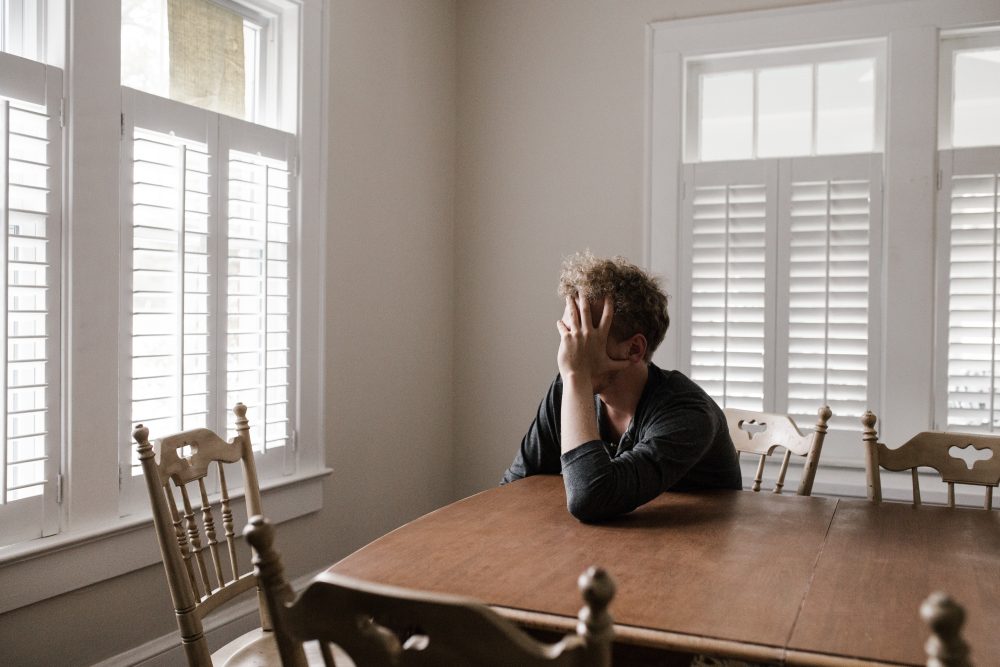It’s July 2019, five years after being cleared from Non-Hodgkin’s B-Cell Lymphoma, a diagnosis given to me because of my work as a volunteer firefighter in my hometown of Whitesboro, NY. My wife, Sarah, knows the month, and my son and his wife know the month, because I am not the same. It’s the month that I must travel to New York City for three days and undergo Cancer Testing and meetings with my oncologist. I am not the same. Fear of recurrence is common in cancer survivors. Though it’s been five years without any sign of disease, the thought of recurrence is always with me. I worry that every ache or pain is a sign of my cancer recurring. Eventually, I hope that these fears will fade, though they may never go away completely.
Many of you may say, “So what’s the big deal?” It’s the unknown. Thoughts run through your mind while you lay on the table and travel through the screening machines, while you drink the “Gatorade liquid”, and you pray to the Lord that all will come out OK. Your life is in the air, your family’s life is in the air, your friends are on edge wondering what the report will be. You are at the hands of the machine, and you have no way of knowing the outcome. It’s a horrible feeling. It can feel lonely after a cancer diagnosis. At first, you may wonder how you’ll cope. You can find strength in sharing thoughts and feelings with others who understand what you’re going through. I cope with my fear by being honest with myself and my family about how I feel. Try not to feel guilty about your feelings or ignore them in hopes that they’ll go away.
Being diagnosed with cancer can be a nightmare that none of us ever want to go through. But for those of us who must, depression can’t be ruled out. Even if you have someone by your side, you can still feel confused, overwhelmed, sad, or helpless, you can sleep too much or too little, or you can feel extremely fatigued. There are many ways to manage your emotions. Sharing your thoughts and feelings is often a good place to start. Try talking with someone close. Remember, help is always available if you need it. If you are struggling to cope, speak to your doctor, family or friends.
- Some thoughts that I would like to share that have been helpful to me:
- Take care of your body.
- Go to all of your follow-up appointments.
- Get all of your follow-up tests.
- Be open about your fears.
- Keep busy.
I firmly believe that if you BELIEVE that you can beat cancer, YOU CAN!

